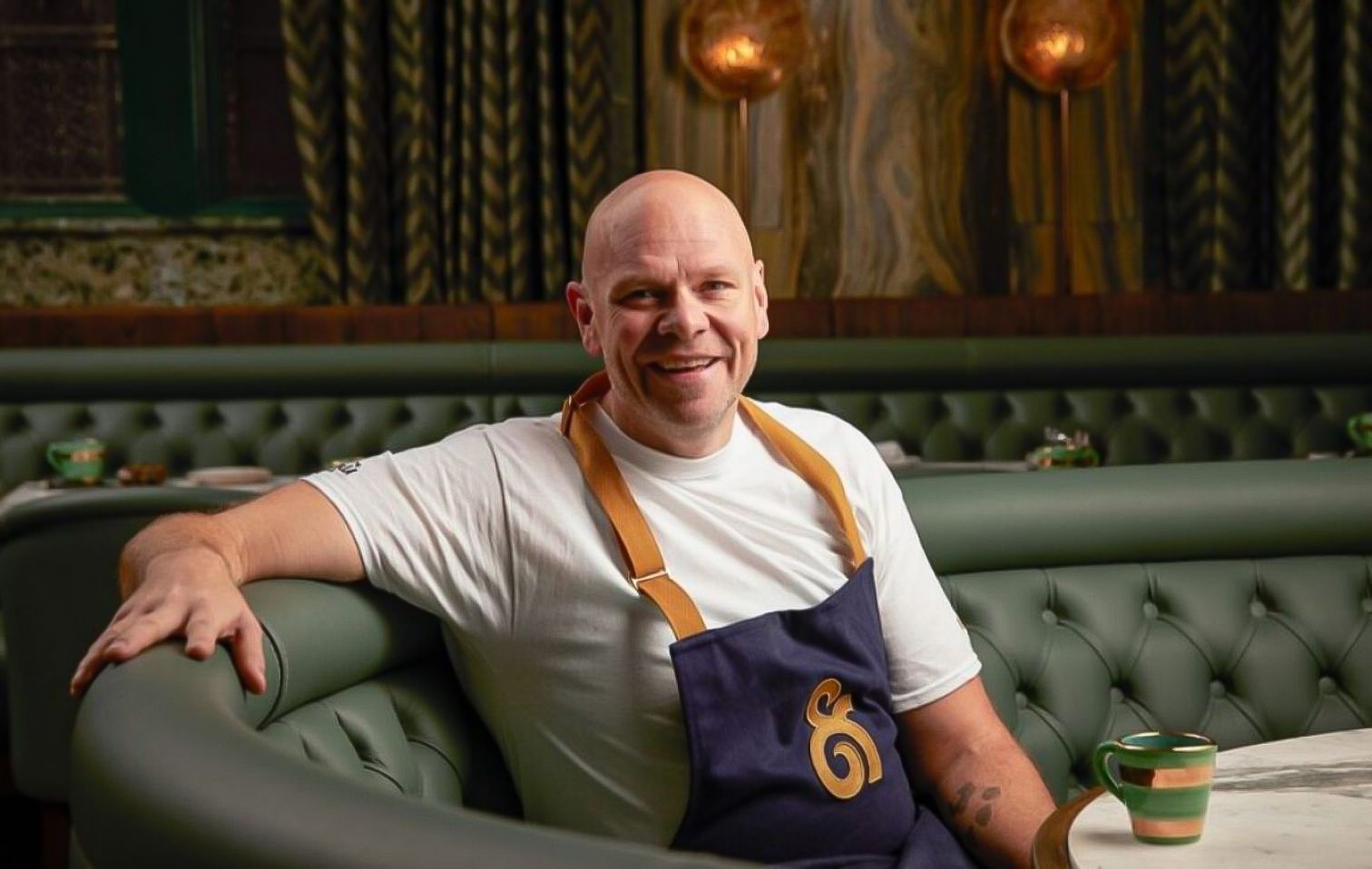When the Michelin-starred chef began his career 30 years ago, the British gastronomic scene was far from dynamic. Now, he explains the reason behind the leap forward.
The opinion
When Tom Kerridge, now in his early fifties, thinks about his work, he asserts without hesitation how chefs tend to "reach a point where age takes its toll: you no longer have the same energy. From 20 to 30, those are the best years. As you get older, you understand more about what happens on the other side of the counter, managing customers, employees, costs, and everything else." He mentioned this in a recent interview with Prudence Wade of The Independent, but there's more to it.

"You become a coach," he adds. On the other hand, Kerridge, who manages a series of restaurants, including The Hand and Flowers in Marlow, Bucks – the only pub in the UK with two Michelin stars – states that, even though his role may have changed over the years, his approach to food remains the same. "I've essentially remained the same. The ethics, the energy: the food we cook is always based on agricultural produce," he explains. "It's about taking something people recognize as a pie, a steak, or a portion of fish and chips and turning it into a top-level dish. The trick is in understanding how to make it the best dish ever."
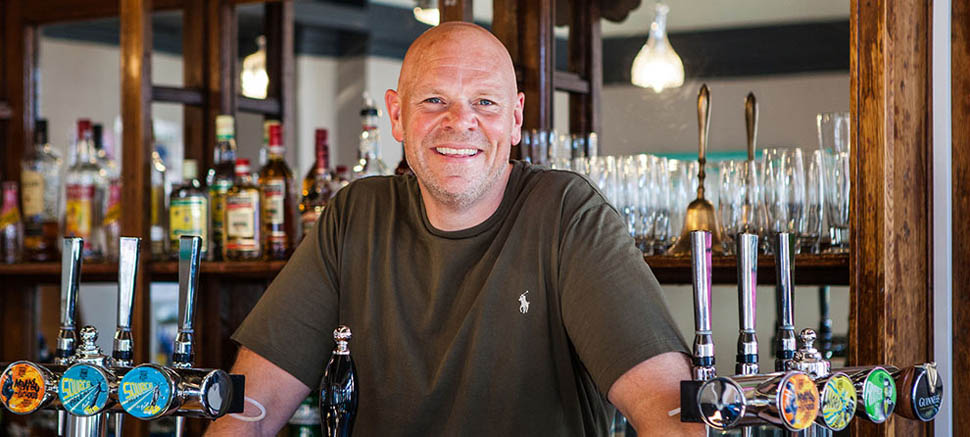
His first book included recipes like steak tartare, bone marrow on toast, and fish and chips. The recipes in the new book are more innovative and range from Cajun fish burgers to paneer and pea fritters, and tempura sardines with seaweed mayonnaise. For Kerridge, this reflects how much the pub landscape has changed. "In the last 10 years, our pubs have become really exciting. We've become eclectic collectors of dishes from a rich and varied world. In the kitchen, we're the best in Europe."
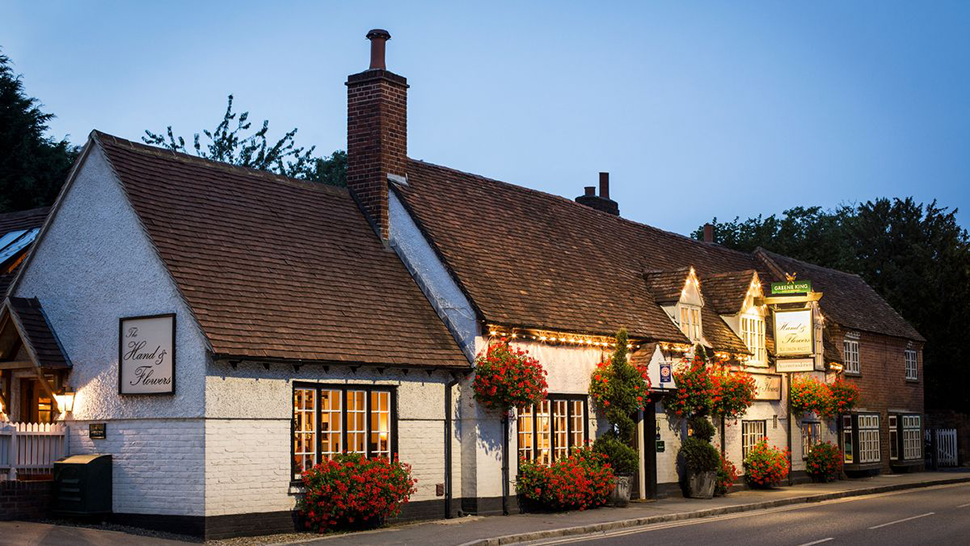
According to him, even though France, Spain, and Italy boast significant gastronomic traditions, they tend to stick mainly to their national cuisine. "You wouldn't go to Italy to eat a great curry," he notes. "But in the UK, you can taste fantastic Indian dishes, Sri Lankan style; you can find great food even in pubs. There's no other restaurant in Europe where you could go to eat a Peruvian-style fish dish or a Korean barbecue mackerel, followed by some shrimp tikka or a Mexican burrito, and then a treacle pudding. Only in pubs do such diverse preparations coexist, and everything is magnificently cooked and served."
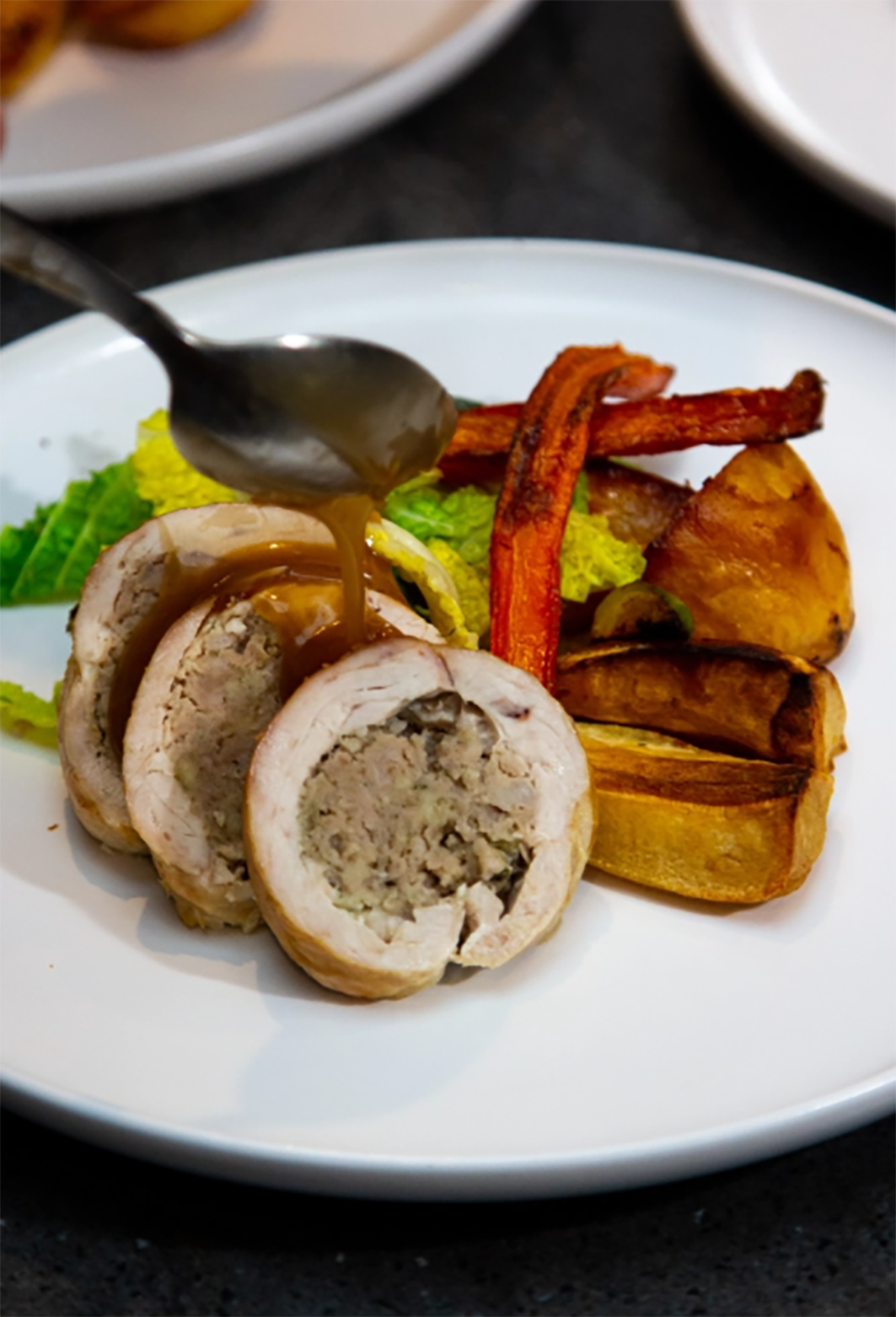
He further says, "I remember as a child people talked about how our culture was always about drinking, getting drunk, and partying. We looked at other countries and wondered, 'Why aren't we like them?' Later, our pubs have definitely achieved that goal." Yet, these historic venues are in danger: a cause close to Kerridge's heart, which he passionately discusses. "The reality is very, very tough. The hospitality industry, and pubs in particular, are under tremendous pressure," he says. "People are returning to going out, but spending less."
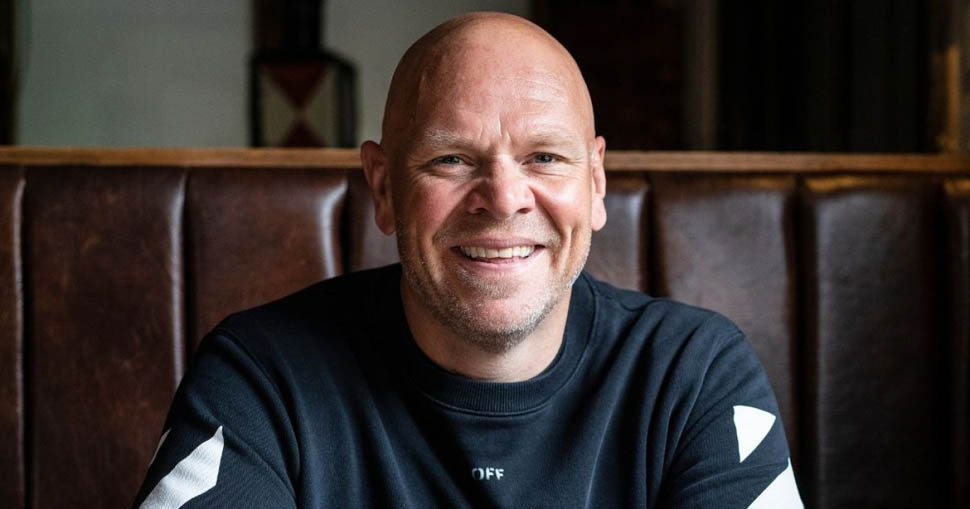
Additionally, he observes that "food inflation is massive," while utility bills are increasing too: "Big energy companies are making absolutely grotesque and huge profits, while thousands of small businesses are closing every month." But the chef considers himself "an eternal optimist: in 10 years, I think we'll be in an even stronger position, at the forefront of world cuisine. When I started 32 years ago, British food was seen as the bottom of the pile. Now, we boast one of the most diverse, culturally significant, and high-quality gastronomic scenes in the world, where pubs are highly regarded." One thing he hopes for in 10 years? "Who knows, there might even be a pub with three Michelin stars."
